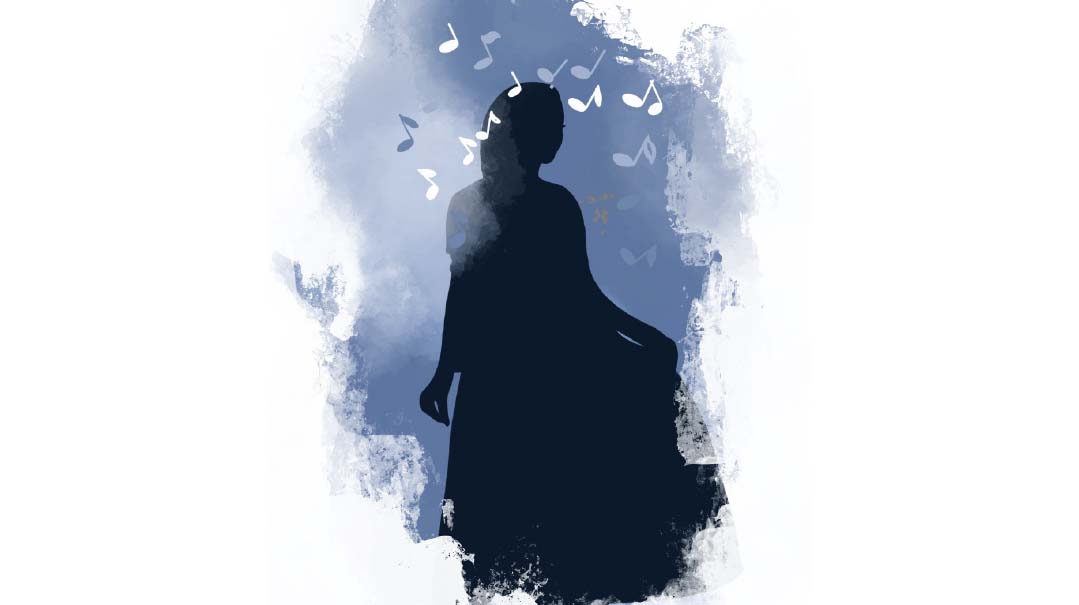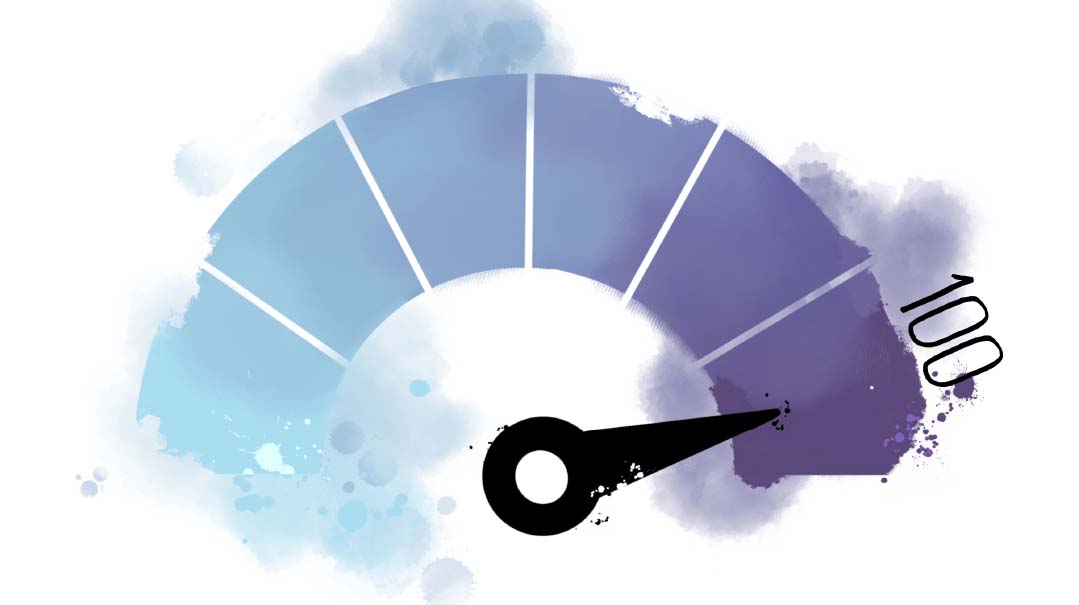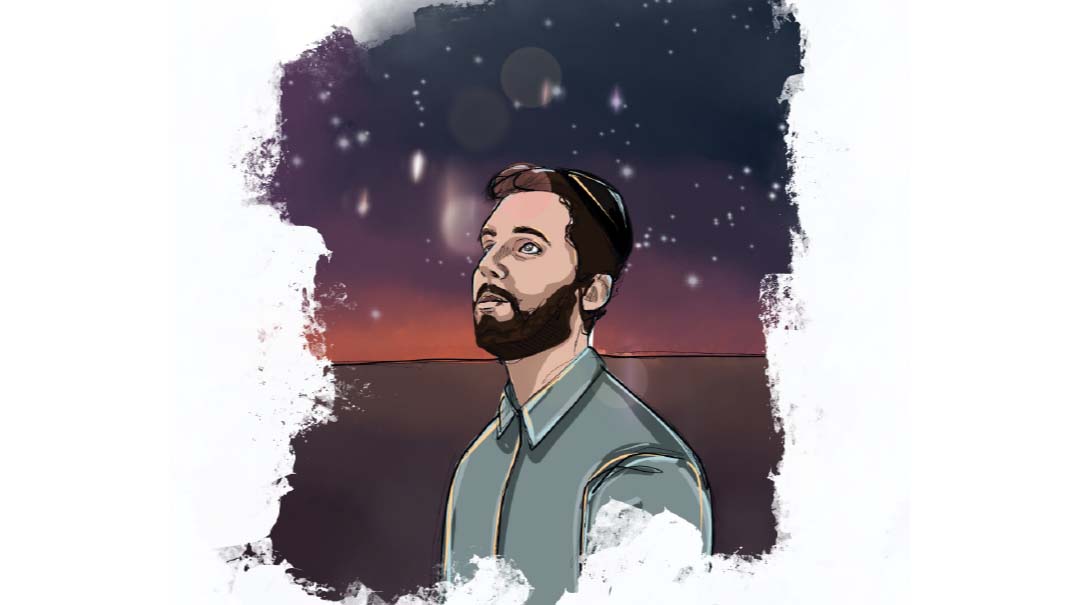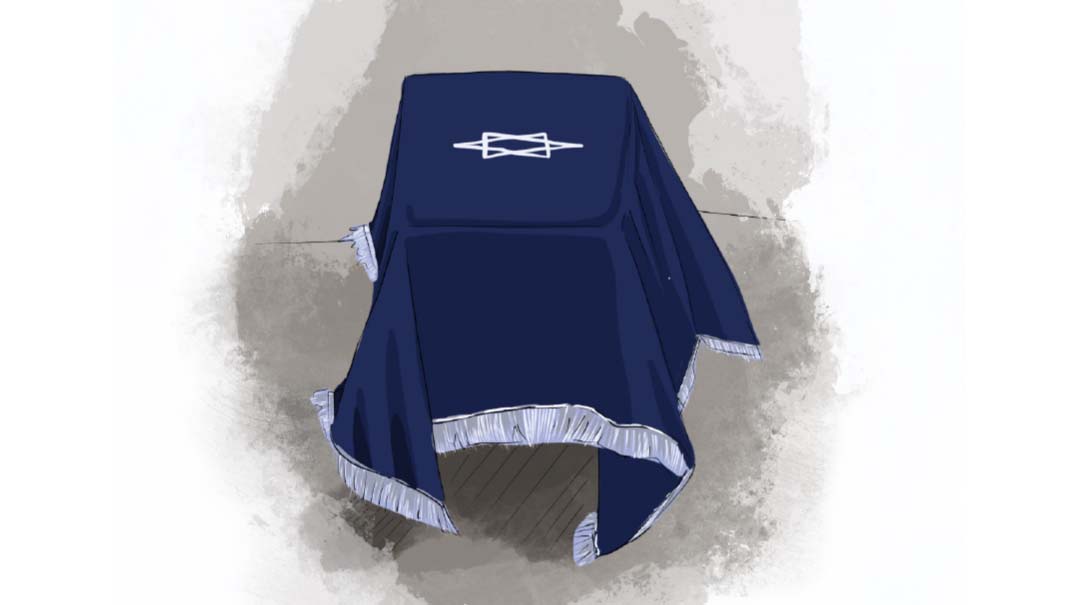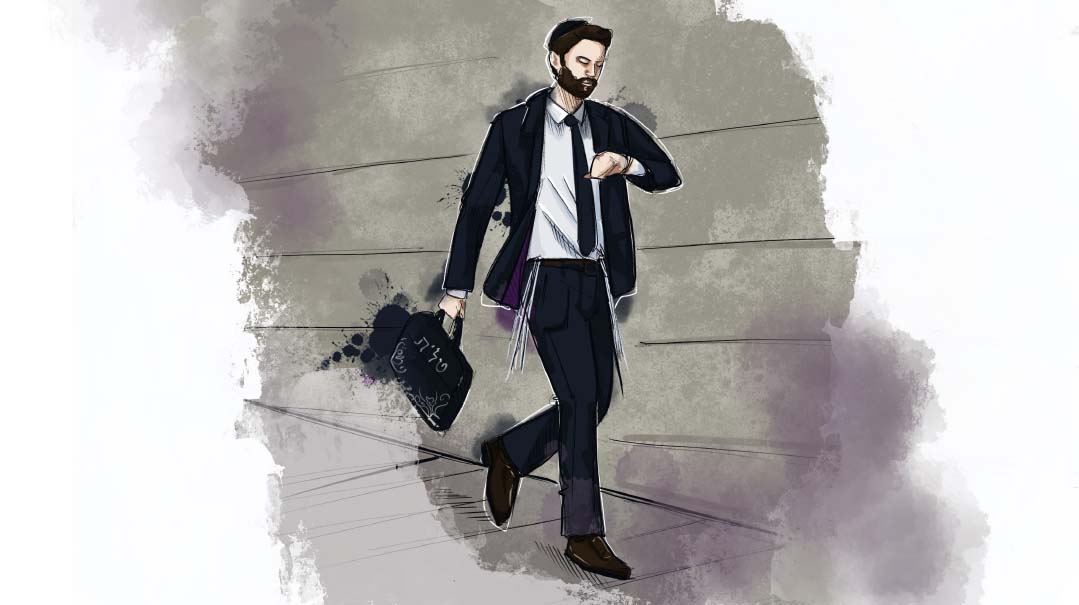Refreshing
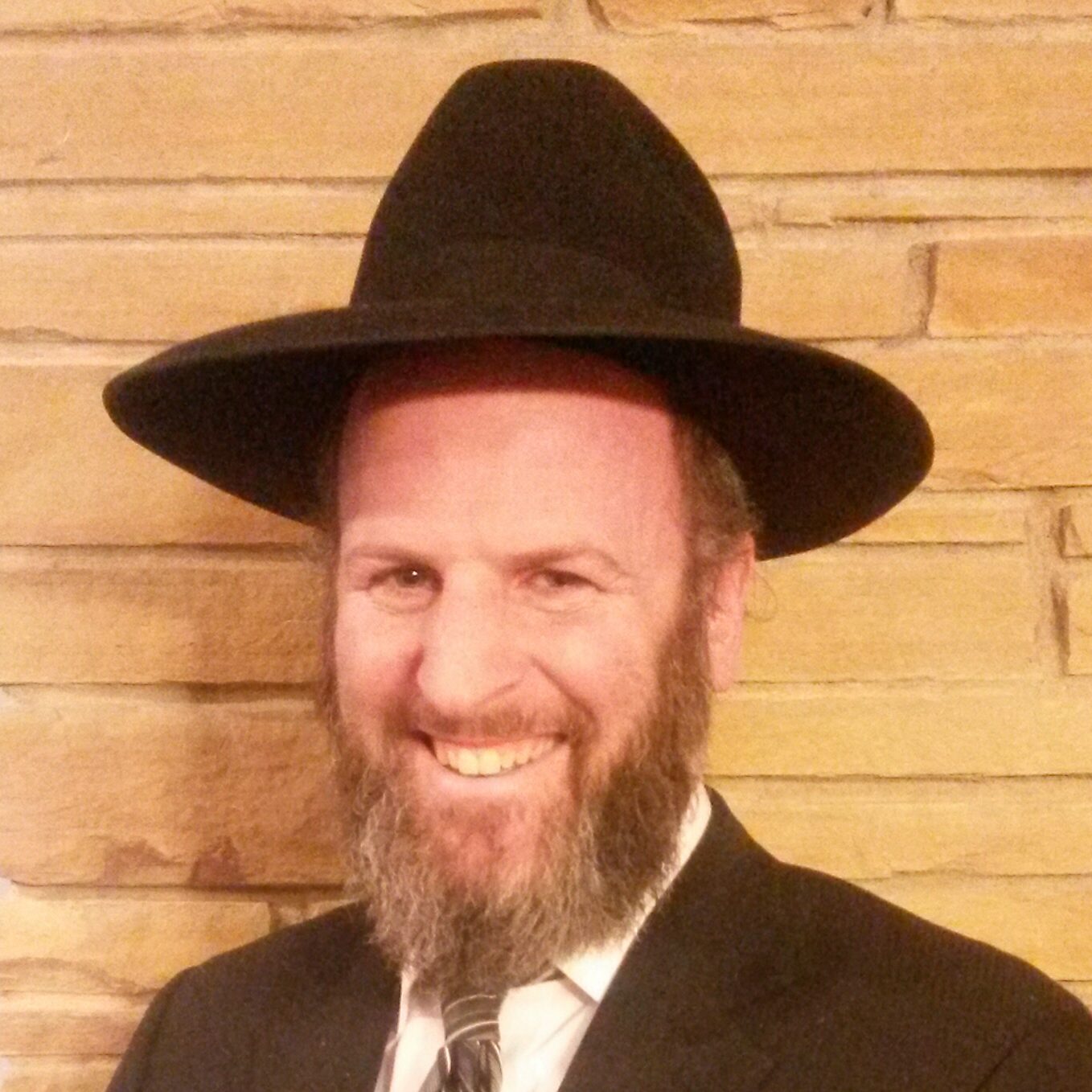
Two years later, those Covid-inspired kabbalos and resolutions are still keeping us going. Eight personal accounts

Project Coordinator: Rachel Bachrach
Illustrations: Marion Bellina
Rabbi Avrohom Weinrib
I wish I could say that Covid was all about personal improvement and achieving great spiritual heights. While the pandemic definitely did spur growth, it’s brought significant spiritual challenges in its wake as well. For me, one area of challenge was news sites.
Until March of 2020, I’d never been a big news follower, but suddenly, I needed to know what was going on, multiple times a day. And while some of it may have been legitimate — what are the latest Covid protocols? Who’s unfortunately sick and needs tefillos? — there was also the curiosity, plain and simple.
What’s the latest word from Dr. Fauci? What do the Democrats say, how do the Republicans respond? And that’s just America, what about Eretz Yisrael — open or closed? Does it make a difference if you’re a citizen or the second cousin twice removed of a citizen? I wouldn’t call it an all-out obsession, but I was on news sites way more than ever before, certainly way more than necessary.
It was Lag B’omer in Meron that shocked me back to my senses. I’ll never forget the feeling of going on a news site and being bombarded with actual photos and videos of people getting killed in the most tragic of ways — and these were being shared and posted and commented on.
Since when did something like this become entertainment? I remember thinking with dawning horror. Have we become so callous to Klal Yisrael’s suffering?
I once read a story about Rav Mendel Kaplan ztz”l, who walked into a home where a black and white television was playing the scene of a cowboy killing an Indian. Rav Mendel fainted on the spot. When he came to, he was still in shock.
“I just saw a person get killed,” he said in pain.
That’s what real sensitivity looks like — but by viewing the images of tragedy displayed on news sites, we desensitize ourselves, dulling our intrinsic Jewish nature. I realized my fixation with the news was having lasting, negative effects on me.
That’s it, this has to stop, I thought to myself, as the shock of the Meron tragedy forced me to really think about how these sites use sensational news to grab our attention, at any cost.
Baruch Hashem, I haven’t visited any news sites since then. It’s a constant struggle, and I know far less about what’s going on, but I’m in control of what I see. While I’m aware of important or tragic events that occur — the bleacher collapse in Karlin-Stolin, the building tragedy in Surfside — I see none of it.
The passage of time has only reinforced my decision. This isn’t just about lashon hara, although in many situations that’s an issue as well. This is about willfully turning painful events into sensational news. It’s about exposing ourselves and our children to details no one ever needs to know. And it’s about minimizing important matters that need to be discussed in the proper context into trivial news bits. To take it one step farther, even obsessively following news about tragedies results in a shift in focus; a tragic event becomes a development to hock about. Every time a new story breaks, I draw the strength to continue. Knowing I can maintain one drop more of sensitivity, kedushah, and sanity makes it all worth it.
While Covid may have brought this challenge to the fore for me, it also gave me the ability to work through the issue, strengthening my resolve, fine-tuning my sensitivity, and hopefully making me a better person in the process.
Rabbi Avrohom Weinrib is the rav of Congregation Zichron Eliezer in Cincinnati, Ohio.
(Originally featured in Mishpacha, Issue 900)
Oops! We could not locate your form.
